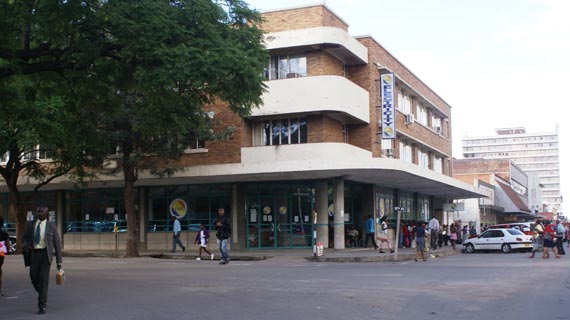
THE Bulawayo business community has bemoaned the recent proposed 5% hike in electricity tariffs by the Zimbabwe Electricity Transmission and Distribution Company (ZETDC), describing the move as unsustainable for most companies presently reeling under a harsh economic climate.
GAMMA MUDARIKIRI OWN CORRESPONDENT
There is a general consensus any tariff increases would have translate into an increase in production costs for firms already on their knees.
ZETDC last week proposed to increase electricity tariffs to 10,36 cents/kWh from 9,86 cents/ kWh in 2013, a move the electricity supplier said would fund plant and network maintenance back-log.
The electricity supplier said running costs had been higher than the revenue collected from tariffs which the power utility and was unsustainable for the business.
“Average expenditure has been higher than the average tariff awarded, tariffs awarded are not sufficient to sustain the minimum activities of the utility,” said ZETDC in a presentation.
But captains of industry in Bulawayo said the proposed tariff increase would be a heavy load on most companies currently struggling to stay afloat and would likely result in more firms closing.
Bulawayo Business Arise administrator George Mukamba said most companies in Bulawayo were unable to pay the new electricity power charges adding that the move would result in a high default rate.
- Chamisa under fire over US$120K donation
- Mavhunga puts DeMbare into Chibuku quarterfinals
- Pension funds bet on Cabora Bassa oilfields
- Councils defy govt fire tender directive
Keep Reading
“The revenue base for industry is dwindling and its obvious industry will not afford to pay the proposed tariffs,” said Mukamba.
“We hope there is an arrangement that after the increase there will be an uninterrupted power supply for industry.”
ZETDC, however, said the 5% increase was in line with inflation considering the rising cost of maintenance and production.
“A marginal tariff increase will be detrimental to the utility’s operations in the long term,” added ZETDC.
“Current cost of running the business is 11,39c/kWh and the 2014 increase would be 0,8% if current tariff was correctly pegged.”
Association for Business in Zimbabwe chief executive officer Lucky Mlilo said although the tariff hike was necessary it would increase the cost of production and result in the high cost of goods and services.
“There will be an increase in the cost of production and obviously the cost will be transferred to the consumer,” he said.
“We will see prices of goods increasing when the proposed tariff is effected,” he added.










